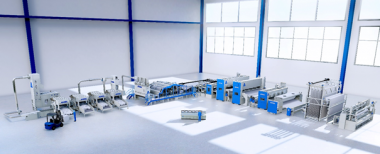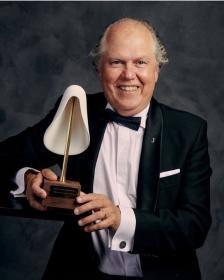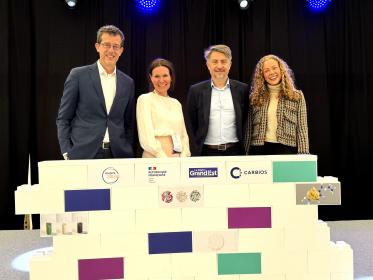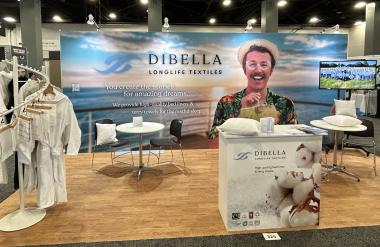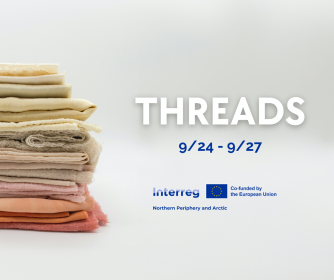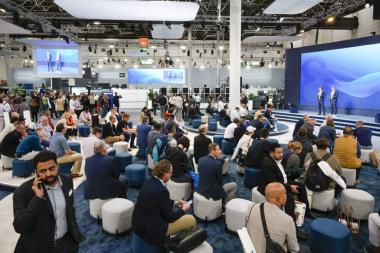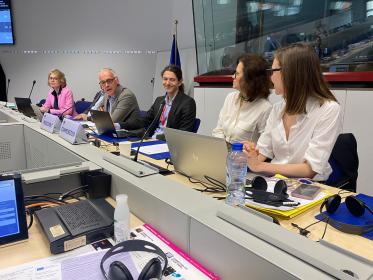ANDRITZ to supply needlepunch line to Şiteks
International technology group ANDRITZ has received an order from the Turkish insulation felt manufacturer Şiteks to supply a complete needlepunch line for its production plant in Tekirdag.
With this investment, Şiteks will expand its production capacity to meet the international demand for needlepunched nonwoven insulation products in the automotive and construction sectors. The line is scheduled to start up in the first quarter of 2025. This is the second line that Şiteks has purchased from ANDRITZ.
The ANDRITZ needlepunch eXcelle line for Şiteks can process different types of fibers, including natural fibers, and is specifically designed to meet the customer’s requirements in terms of productivity, quality, and sustainability.
Şiteks Şişmanlar Tekstil San. ve Tic. A.Ş, a member of the Hassan Group, is one of Europe’s largest manufacturers of thermal and acoustic insulation felts. Its products are used in a wide range of applications in the automotive, white goods, construction, and mattress and furniture industries.
ANDRITZ AG


